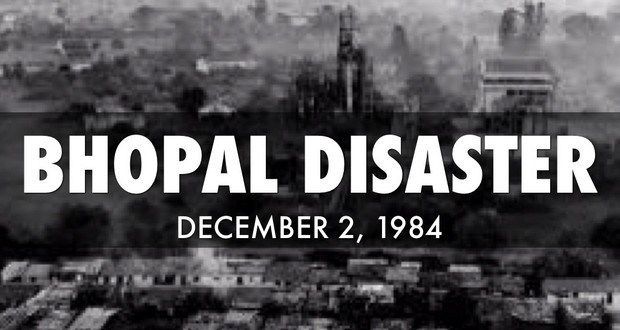Commercial aspects and consequences of chemical leakages in process plants
Commercial aspects and consequences of chemical leakages in process plants
With our range of mechanical seals we can safeguard chemical leakages in process plants which can lead to disastrous commercial consequences
Chemical leakages in process plants can lead to disastrous commercial consequences, impacting various aspects of a company's operations. Here are some specific disastrous commercial aspects associated with chemical leakages in process plants:
![Disaster Series] Industrial/Chemical Disasters in India | UPSC](https://www.iasexpress.net/wp-content/uploads/2020/05/IMG-20200511-WA0023-e1589206673146.jpg)
- Human Safety and Health Impact:
- Injuries and Fatalities: Chemical leaks can result in immediate harm to plant workers and nearby residents, leading to injuries or even fatalities. This not only represents a significant human tragedy but can also result in legal and financial consequences for the company.
- Environmental Impact:
- Ecosystem Damage: Chemical spills can contaminate soil, water bodies, and the air, causing severe environmental damage. This can lead to long-term ecological consequences, and the company may be held responsible for cleanup efforts and habitat restoration.
- Regulatory Compliance and Legal Consequences:
- Regulatory Fines: Regulatory bodies may impose substantial fines for violations of environmental, health, and safety regulations. These fines can be significant and add to the financial burden on the company.
- Legal Liability: The company may face lawsuits from affected individuals, communities, or other stakeholders seeking compensation for damages, health issues, or loss of livelihood.
- Operational Disruption:
- Production Shutdowns: A chemical leakage often results in the immediate shutdown of the affected process plant to address the emergency and conduct cleanup activities. This can lead to significant financial losses due to halted production and disrupted supply chains.
- Property and Infrastructure Damage:
- Equipment and Facility Damage: Chemical leaks can cause damage to the plant's equipment, infrastructure, and facilities. Repair and replacement costs can be substantial, impacting the company's financial health.
- Reputation Damage:
- Loss of Public Trust: Chemical incidents can tarnish a company's reputation, especially if there is a perception that safety protocols were inadequate. Negative public perception can lead to a loss of trust among customers, investors, and the general public.
- Supply Chain Disruptions:
- Raw Material and Product Delays: Process plants are often integral parts of complex supply chains. Disruptions in plant operations can lead to delays in the supply of raw materials and finished products, affecting relationships with suppliers and customers.
- Insurance Challenges:
- Coverage Limitations: Insurance policies may have limitations on coverage for environmental damage, third-party liability, and business interruption. This can result in the company bearing a significant portion of the financial burden.
- Investor Confidence and Market Value:
- Stock Price Decline: Disastrous chemical incidents can lead to a decline in the company's stock price as investors react to the negative news. This can erode market capitalization and affect the company's ability to attract investment.
- Long-Term Repercussions:
- Loss of Business Opportunities: The aftermath of a major chemical leakage can result in the loss of business opportunities as potential customers and partners may be hesitant to associate with a company with a history of safety incidents.
- Increased Scrutiny: Regulatory authorities and industry watchdogs may increase scrutiny on the company's operations, leading to ongoing compliance challenges.
- Financial Impact:
- Cleanup Costs: Companies may incur substantial expenses for the immediate cleanup of the chemical spill, including the costs of specialized personnel, equipment, and materials.
- Property Damage: Chemical leaks can damage infrastructure, machinery, and other assets, leading to repair or replacement costs.
- Production Disruption: The release of chemicals may lead to the temporary or prolonged shutdown of production facilities, resulting in lost revenue and additional costs associated with downtime.
In conclusion, the disastrous commercial aspects of chemical leakages in process plants extend beyond immediate financial losses to encompass human safety, environmental impact, legal consequences, and long-term damage to a company's reputation and market value. Robust risk management, safety protocols, and crisis response planning are crucial for mitigating these disastrous effects.

